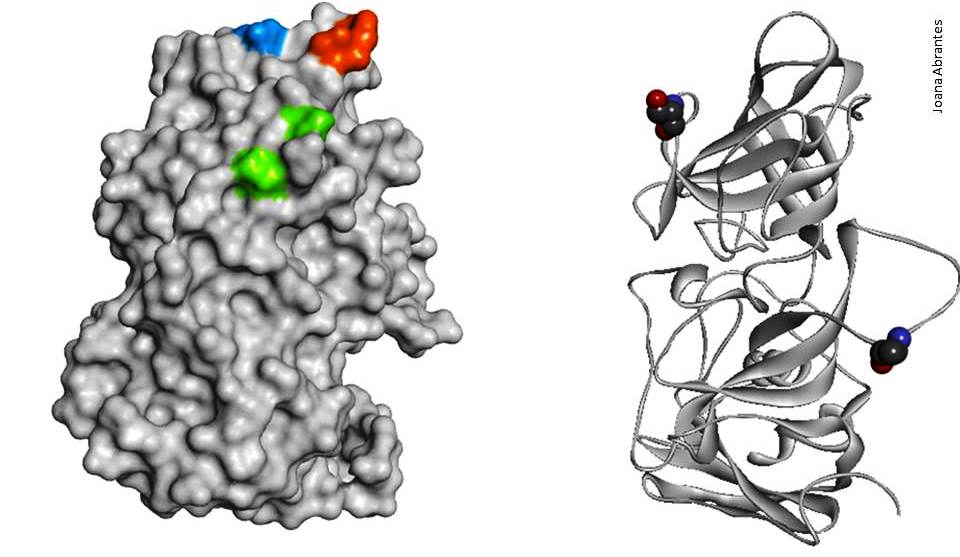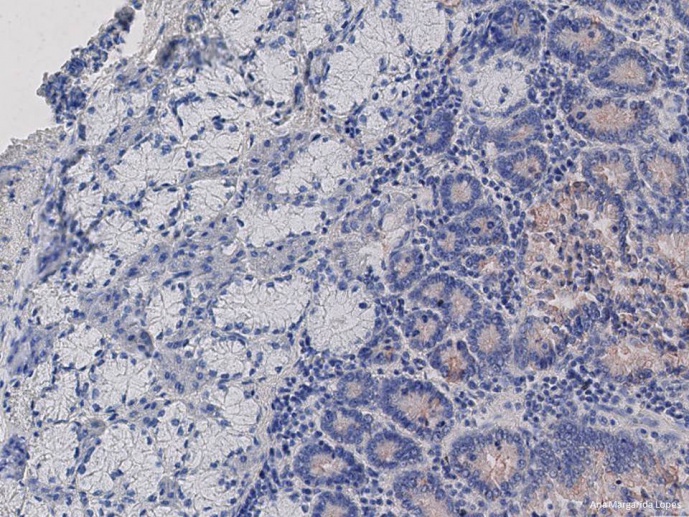Immunity and Emerging Diseases - IMED

The group promotes fundamental and applied research activities focused on infectious agents that affect domestic animals and wildlife and host immune resistance, as a way to improve the conservation of potentially endangered species. We expect to contribute to the knowledge of viruses that are of major concern to the European rabbit population management, and are gaining significance in human medicine.
To address these issues, we study the host-pathogen coevolutionary processes by monitoring changes in the genetic content of populations of our model species, in relation to two epizootics that have decimated wild populations in the recent past (Myxomatosis and Rabbit haemorrhagic disease (RHD)). Myxomatosis is caused by Myxoma virus (MYXV) and RHD is caused by rabbit haemorragic disease virus (RHDV). MYXV is a textbook example of host-pathogen co-evolution and is considered a promising oncolytic virus; our comparative studies between genes involved in MYXV infection in Leporids with different disease susceptibility will allow us to understand the most critical steps of the infectious process which could be relevant to implement the oncolytic activity.
The European rabbit is a key species of the Mediterranean ecosystem being also economically important as a game species. RHDV is a strong threat to wild European rabbit populations, impairing any effort or plan that the Iberian governments have made for the reintroduction of the Iberian Lynx in the wild to recover this emblematic species from pre-extinction. The study of immune system genes concurs to the understanding of the host response to pathogens and may unveil interactions not yet described. We study the innate immune system, namely the TLRs, Interleukins and RIG-I gene family, and the adaptive immune system, namely genes involved in the antibody biosynthesis and MHC. As other animal models, we are also studying wolf, bats and sharks, in collaboration with other CIBIO research groups.
